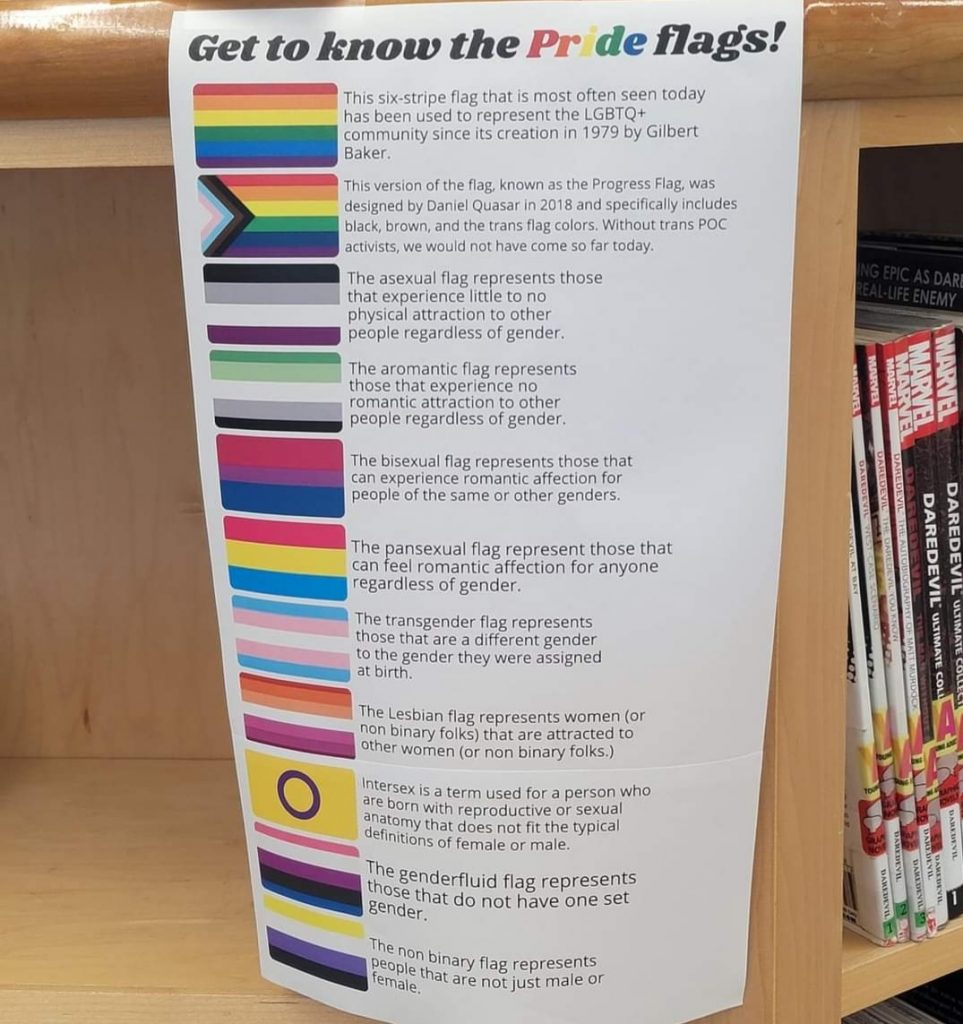Arkansas A.G. to Appeal to Eighth Circuit in Support of SAFE Act

On Friday Arkansas Attorney General Leslie Rutledge’s office asked the Eighth Circuit Court of Appeals to take up the case surrounding the state’s Save Adolescents From Experimentation (SAFE) Act.
The SAFE Act is a 2021 law that protects children in Arkansas from sex-reassignment procedures, puberty blockers, and cross-sex hormones.
It’s a very good law that passed with strong support from the Arkansas Legislature.
Researchers do not know the long term effects that puberty blockers and cross-sex hormones can have on kids. That is why many experts agree that giving puberty blockers and cross-sex hormones to children is experimental, at best.
That’s also why a major hospital in Sweden announced earlier this year that it would no longer administer puberty blockers and cross-sex hormones to children.
However, the ACLU and others filed a lawsuit against the SAFE Act. Last July a federal judge in Little Rock blocked the state from enforcing this good law.
Now the Attorney General’s office is preparing to appeal that bad decision before the Eighth Circuit Court of Appeals.
A schedule produced by the the Eighth Circuit indicated that the Attorney General and the ACLU will file court briefings in the case throughout a good portion of October, November, and December. At this point, it is unclear when the court might make a decision in the case.
It’s great to see Attorney General Leslie Rutledge’s office appealing to the Eighth Circuit to let the state enforce the SAFE Act.
Arkansas’ SAFE Act is a good law that protects children. We believe higher courts will recognize that fact and uphold this good law as the case is appealed.





